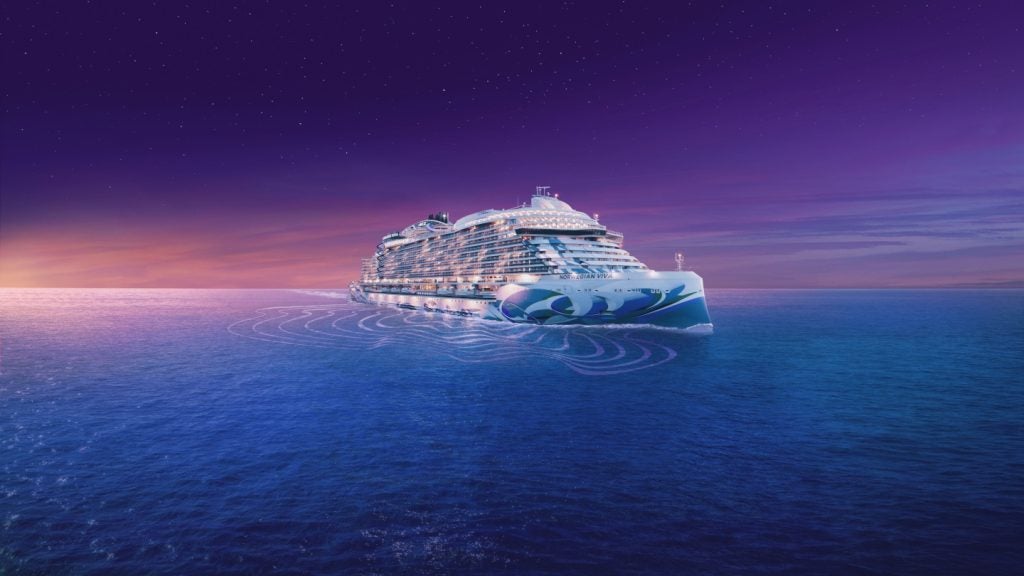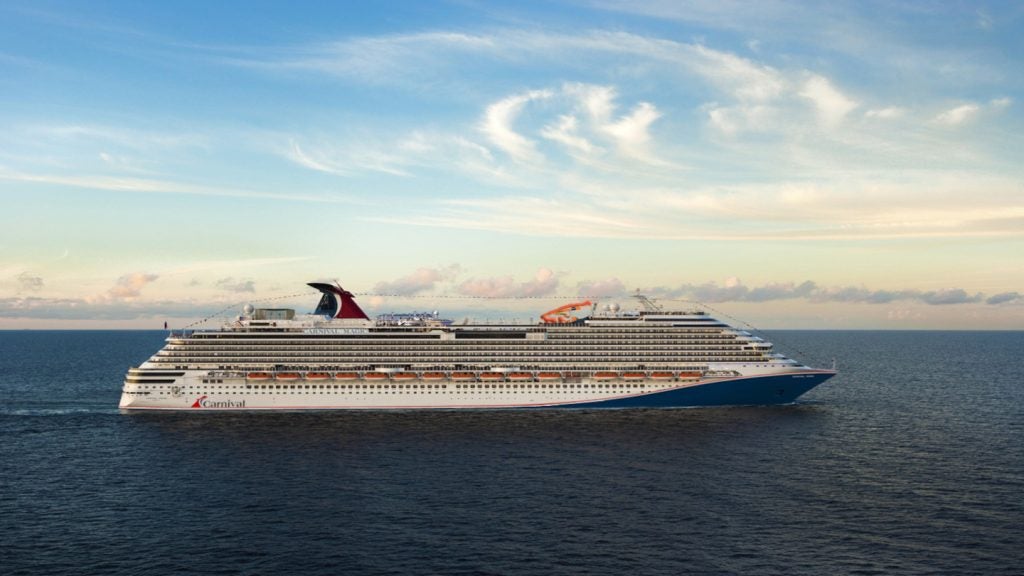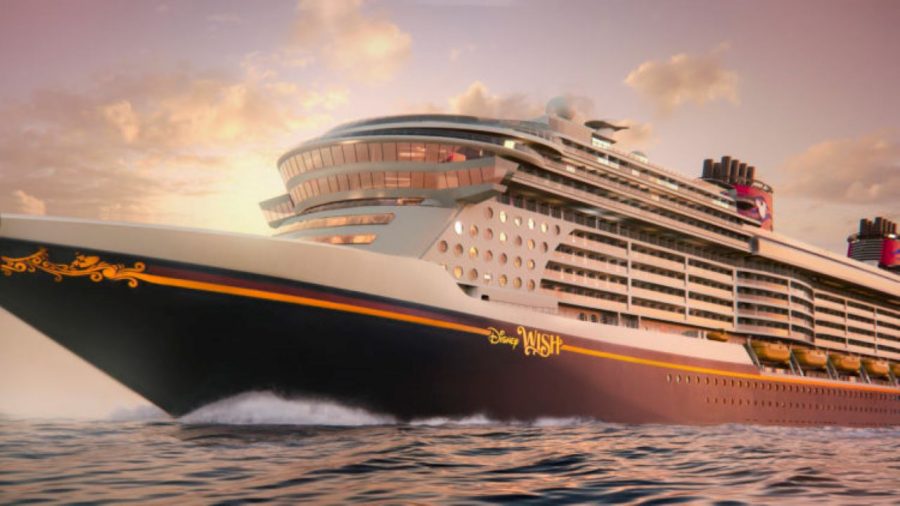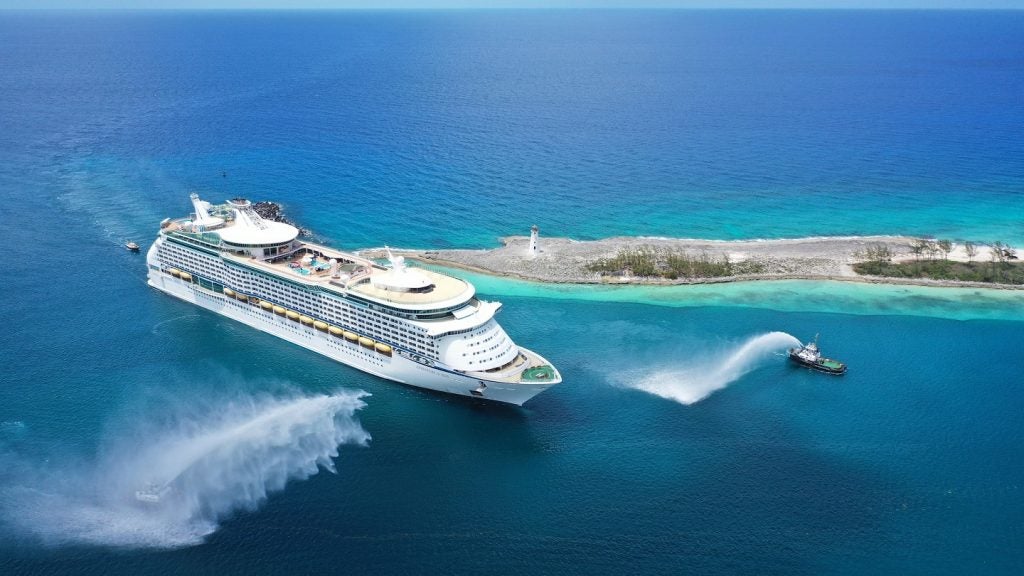Hong Kong-based Pacific Basin Shipping, an owner and operator of dry bulk vessels, has collaborated with Japan’s Nihon Shipyard and Mitsui & Co for the investigation and development of commercially-feasible zero-emission vessels (ZEV).
The concerned parties have entered into a memorandum of understanding (MoU) in this regard, which also covers investment in associated bunkering infrastructure.
The partnership will leverage trading company Mitsui’s scale and experience to investigate alternative fuel bunkering options and related infrastructure.
The aim is to look for mutual benefits in ordering green vessels.
The collaboration will also utilise the expertise of Nihon Shipyard, which focuses on designing and building eco-friendly vessels.
Nihon Shipyard is an alliance between Japan’s Imabari Shipbuilding and Japan Marine United Corporation.
How well do you really know your competitors?
Access the most comprehensive Company Profiles on the market, powered by GlobalData. Save hours of research. Gain competitive edge.

Thank you!
Your download email will arrive shortly
Not ready to buy yet? Download a free sample
We are confident about the unique quality of our Company Profiles. However, we want you to make the most beneficial decision for your business, so we offer a free sample that you can download by submitting the below form
By GlobalDataMitsui & Co COO of mobility business unit II Mr Okamoto said: “Energy solutions is a strategic focus area, and has been identified as a new growth opportunity that will contribute to decarbonisation through the reduction of energy consumption and greenhouse gas (GHG) emissions.”
The latest move comes amid stringent climate rules set by the International Maritime Organization (IMO).
The agency plans to bring about a 40% decrease in global shipping’s carbon intensity by 2030, compared with 2008.
The IMO has also set a 2050 target for cutting down total GHG emissions from ships by 50%.
This will necessitate the replacement of traditional fuels with ammonia and methanol, among others, and will also require the development of new vessels, engine designs and global bunkering infrastructure, according to the dry bulk shipping firm.
Pacific Basin CEO Martin Fruergaard stated: ‘‘Through this agreement, Pacific Basin will continue to be at the forefront of development within the industry, as we accelerate the transition and make zero-emission-ready vessels the default choice by 2030, and enable us to meet our target of zero emissions by 2050.’’
Earlier this year, Pacific Basin opted for PortLog’s port time management platform for use across its fleet of more than 260 owned and chartered vessels.







